Rishi Sunak vows to end asylum claims from small boat arrivals
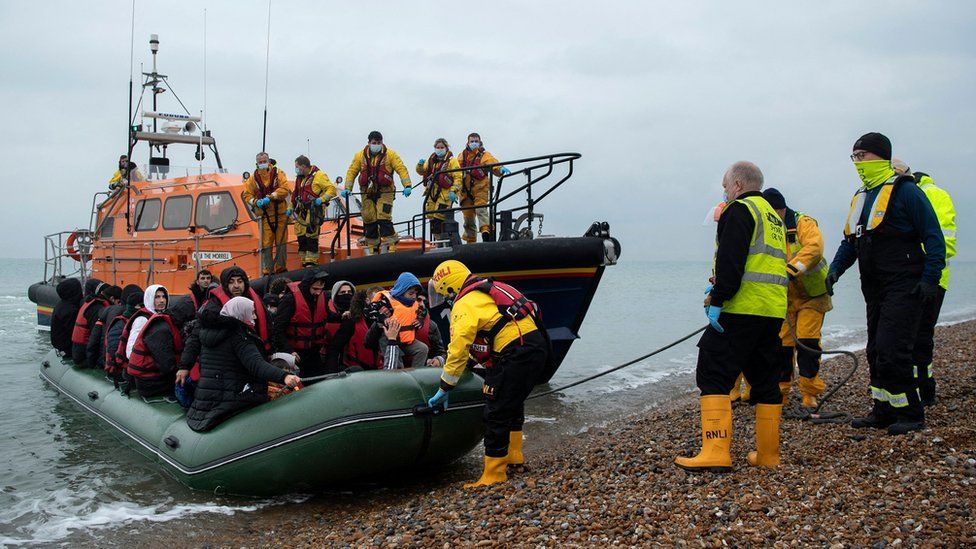
Anyone arriving in the UK on a small boat will be prevented from claiming asylum, under new laws expected to be announced next week.
Ministers will have a duty to “detain and swiftly remove” anyone who comes to the UK through that route, said Home Secretary Suella Braverman.
The prime minister has already said that “stopping the boats” is one of his five priorities.
Charity the British Red Cross called the plans “extremely concerning”.
Ms Braverman is expected to introduce the new legislation on Tuesday.
Currently, asylum seekers have the right to remain in the country to have their case heard. Under new legislation, those who arrive in small boats will be prevented from claiming asylum in the UK, removed to Rwanda or a “safe third country” and banned from returning permanently.
- How is the UK stopping Channel crossings?
- How many people cross the Channel in small boats?
The announcement comes after days where the news agenda has been dominated by leaked WhatsApp messages from Matt Hancock as well as Boris Johnson’s Partygate investigation.
Rishi Sunak told the Mail on Sunday: “Make no mistake, if you come here illegally, you will not be able to stay.”
He is expected to travel to Paris for a UK-France summit on Friday. The meeting with President Emmanuel Macron will be the first UK-France summit since 2018.
It is thought the two politicians will discuss the small boats crisis.
Mr Sunak has pledged to “stop the boats once and for all” – a pledge he previously made twice in his first major speech of 2023.
“Illegal migration is not fair on British taxpayers, it is not fair on those who come here legally and it is not right that criminal gangs should be allowed to continue their immoral trade. I am determined to deliver on my promise to stop the boats,” he told the Mail on Sunday.
And speaking to the Sun on Sunday, Ms Braverman said “the only route to the UK will be a safe and legal route”.
There are still many questions about how this new plan will work.
The Home Office says there are a number of “safe and legal” routes to the UK. However, some are only available to people from specific countries such as Afghanistan and Ukraine, or for British National status holders in Hong Kong.
Other asylum routes only accept a limited number of refugees according to precise criteria.
The government’s Northern Ireland Secretary Chris Heaton-Harris told Sky’s Sophy Ridge: “I’m quite sure there’ll be more safe and legal routes and that’s why we have them,
“They’ve been proven to work. Safe and legal routes is absolutely the way forward. We should welcome people to come through those routes.”
He later told the BBC’s Laura Kuenssberg the new legislation will only form one part of the UK’s response, adding: “We need a full range of things in our arsenal to try and stop both people trafficking and illegal migration across the Channel.”
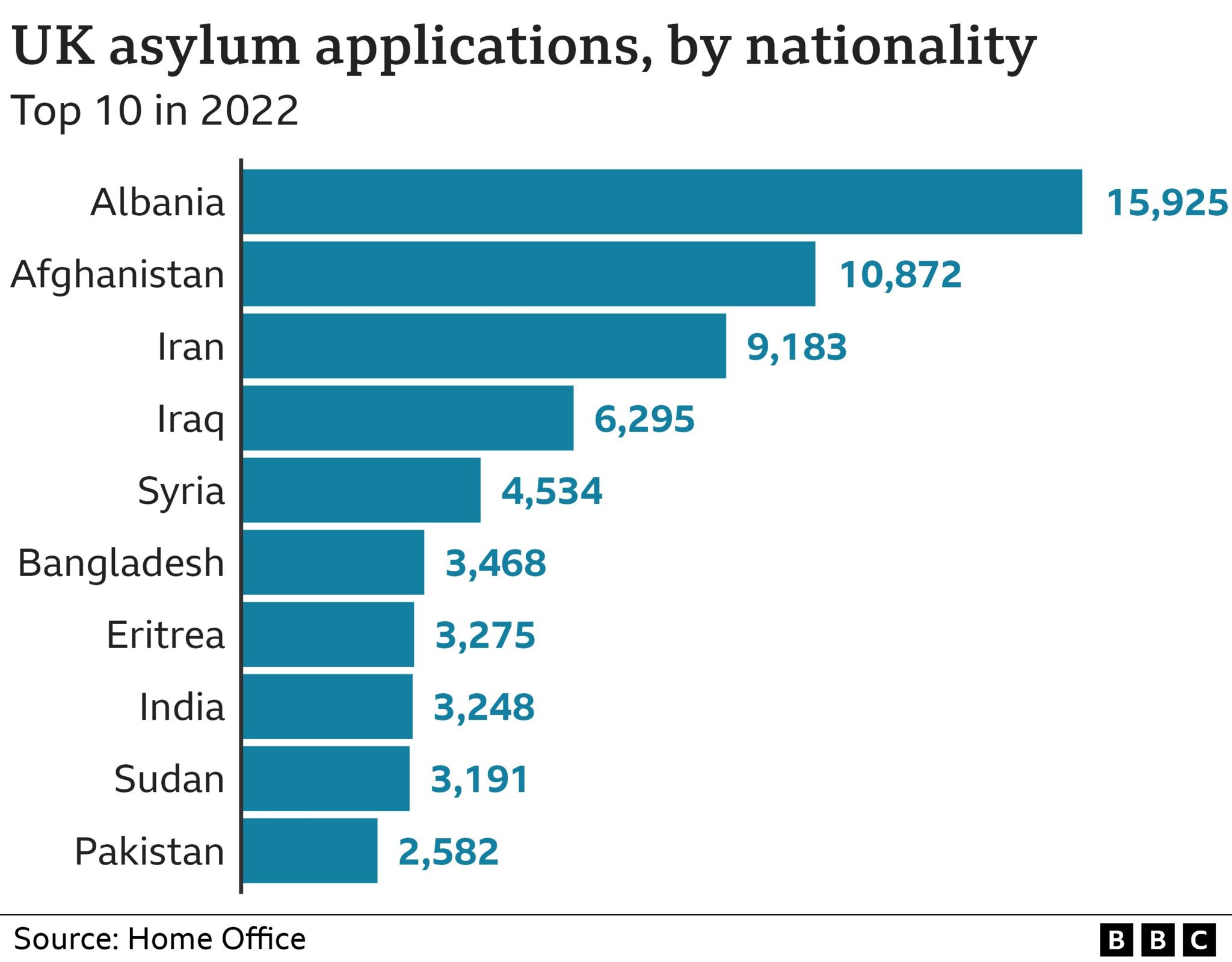
The British Red Cross said the plans would do little to stop people risking their lives to seek safety.
Another charity, Freedom from Torture, which provides therapy to asylum seekers, called them “vindictive and dysfunctional”.
Labour’s Jonathan Ashworth said the government had been “making promises” to tackle the issue for 18 months.
“We’ve seen more boat crossings and the criminal gangs are getting away with more and more,” he told Sky’s Sophy Ridge.
The government’s pledge is not straightforward. No migrants have been sent to Rwanda and plans to do so are currently on hold. There is also no returns agreement in place with the EU.
Last year, the government announced a deal with Rwanda to send asylum seekers there on a one-way ticket.
However the plan has yet to get under way after it was met with fierce opposition from campaigners and legal interventions.
Opponents argued Rwanda was not a safe destination and the scheme broke human rights laws.
However, in December the High Court ruled the scheme did not breach the UN’s Refugee Convention. That decision is expected to face further challenges in the courts.
Under the plan, asylum seekers may be granted refugee status to stay in Rwanda or seek asylum in a “safe third country”.
The government says it will discourage others from crossing the English Channel but so far there is no evidence that has happened.
A total of 45,755 migrants crossed the Channel to Britain in 2022, according to government figures collated by the BBC.
This is the highest number since these figures began to be collected by the government in 2018.
The latest Home Office figures show 2,950 migrants have crossed the Channel already this year.
The asylum seekers coming to the UK are from a range of countries, including Albania, Iran, Iraq, Afghanistan and Syria.
Most who come by boat claim asylum on arrival in the UK and, if their case is accepted, they can apply to remain in the UK.
However, asylum claims made on or after 28 June 2022 can be rejected if the applicant has a “connection to a safe third country”, such as EU countries.
Related Topics
- UK immigration
- Suella Braverman
- Refugees and asylum seekers
- Rishi Sunak
- Europe migrant crisis
- Migration
-
How is the UK stopping Channel crossings?
-
21 December 2022
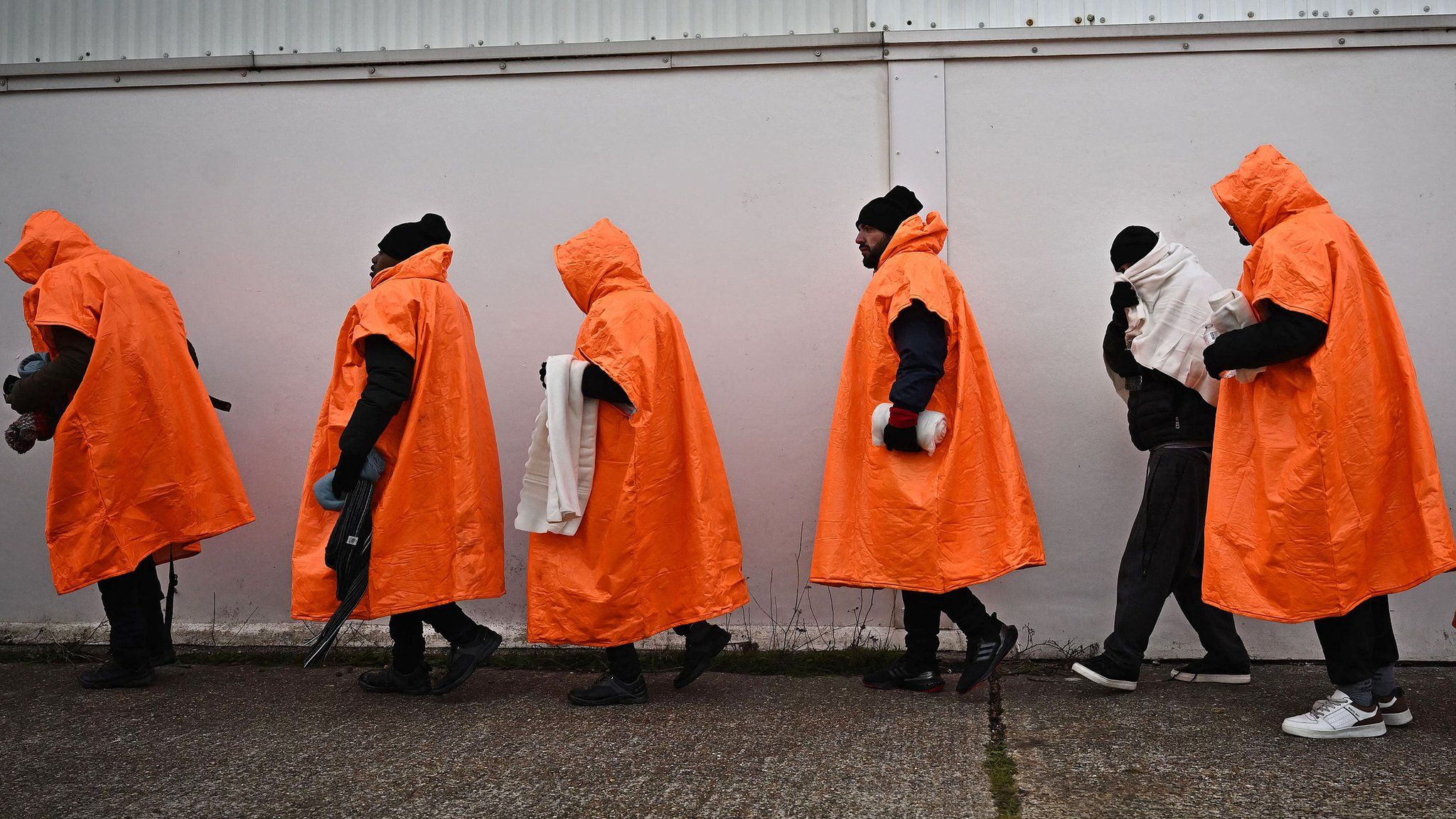
-
-
How many people cross the Channel in small boats?
-
3 January
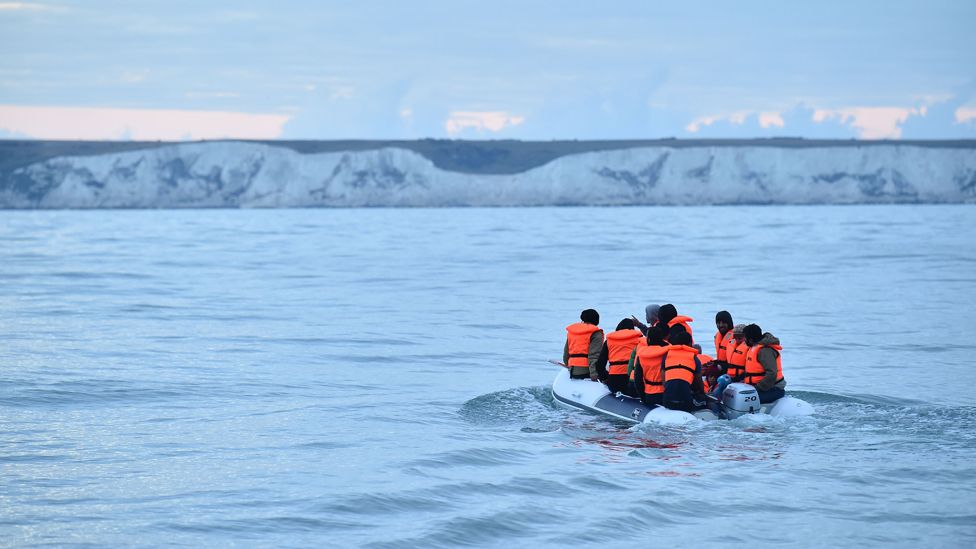
-
-
What is the UK’s plan to send asylum seekers to Rwanda?
-
23 February
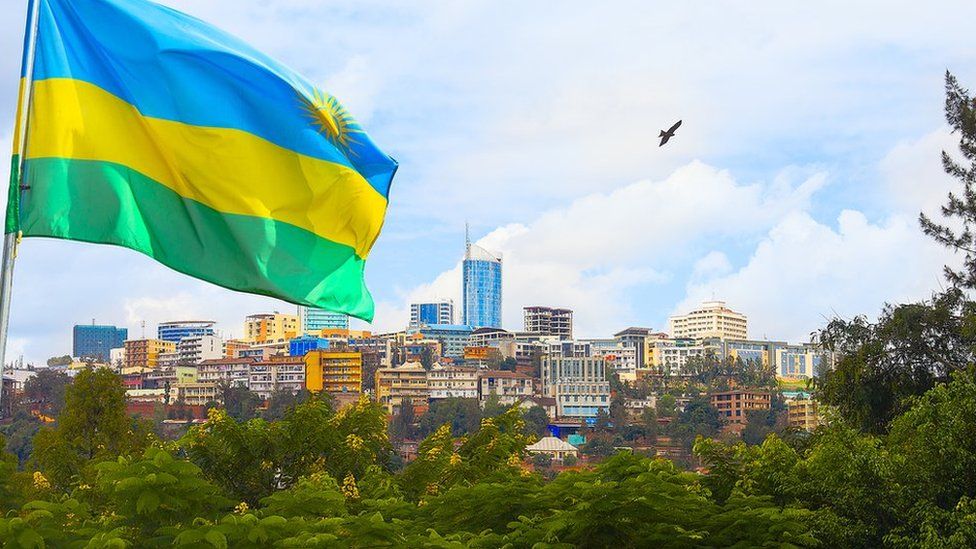
-
-
Rwanda asylum flight cancelled after legal action
-
15 June 2022
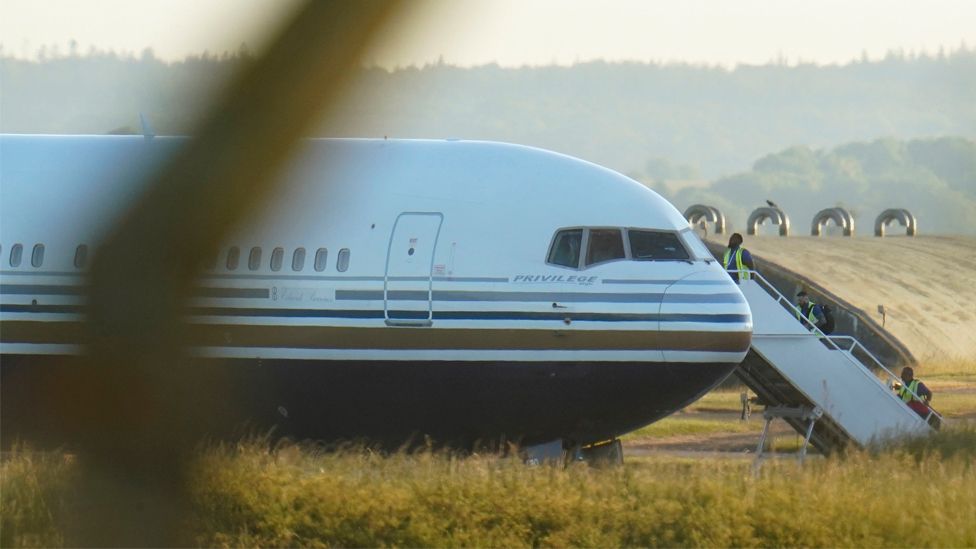
-
Published at Sun, 05 Mar 2023 11:31:47 +0000
